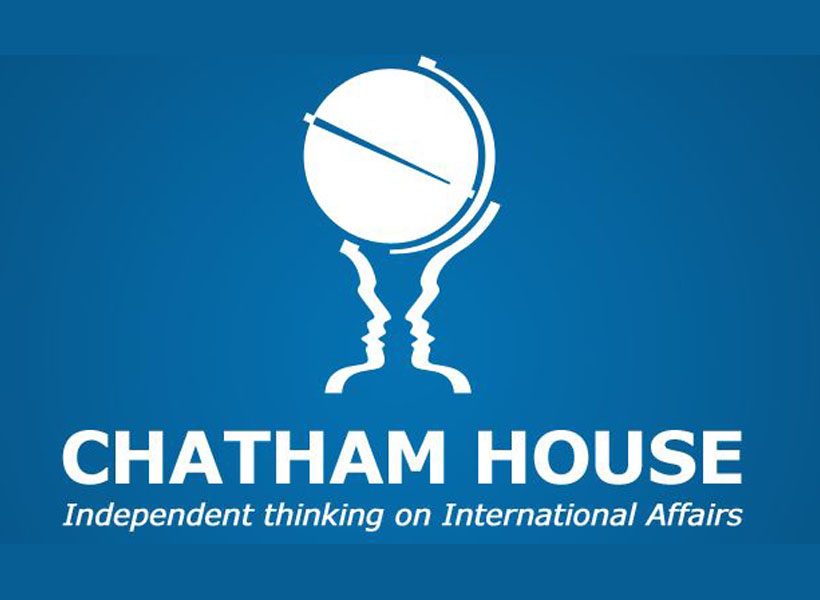Governments of frontier oil countries are often faced with the burning desire to “do it all.” They frequently rush to put measures in place to maximize their profits and simultaneously seek to pass rules and regulations to ensure input for industrialization.
But based on the close to a decade experience of Chatham House, “You can’t do it all.”
The London-based entity said that Guyana needs to figure out its national vision before oil starts pumping. It said that local authorities need to decide if it will prioritize revenue maximization to increase public funds for specific development targets; or, use petroleum produced for industrialization or development and in-country value addition.
Chatham House noted that without a clear vision or priorities at hand, Guyana can end up like many nations which try to make profits while responding to every whim of the citizenry.
In this regard, it noted that nations have made the mistake of introducing fuel subsidies to provide cheap petrol to citizens. It warned that many countries such as Nigeria have paid for this as it locks governments into growing domestic fuel consumption trends, which are difficult to reverse.
As it relates to the environment, the London-based entity said that Guyana would also be faced with difficult decisions. In this regard, Chatham House reminded that Guyana committed to a green growth agenda but there are questions now about how that agenda will sit with the country becoming an oil producer.
It stressed that the risk of environmental incidents also rises with petroleum activities. Chatham House said that Guyana will have to decide if it will prioritize “investor-confidence” in observing indistinct contract terms on environmental protection; or, enforce stringent laws that will secure its green growth success.
Going forward, Chatham House noted that Guyana’s national vision should be driven by values, which can inspire the efforts to develop the sector and the economy. It opined that these might include technical competence and professionalism, transparency and good governance.












